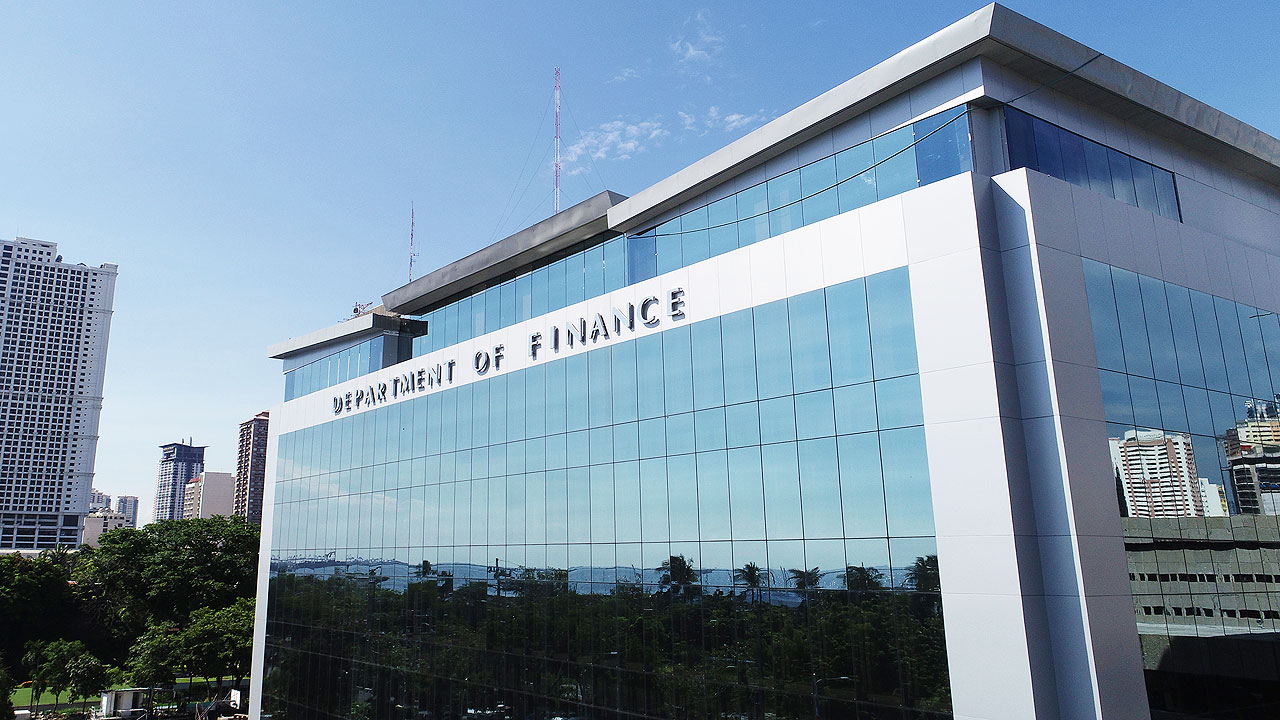
By Aubrey Rose A. Inosante, Reporter
THE FINANCE DEPARTMENT is now seeking France’s help to fund a P28-billion project to build hundreds of rural bridges in the Philippines that was initially proposed to South Korea.
“The Department of Finance (DoF) has clarified that the P28-billion Rural Modular Bridge Project is currently being proposed for financing by the Government of France, not South Korea,” it said in a statement on Wednesday.
“In this case, the project was initially considered for funding through South Korea, but the Department of Agrarian Reform (DAR) decided to halt previous discussions last year due to non-alignment on scope and other key technical specifications.”
The clarification came after South Korea’s President Lee Jae Myung on Tuesday said in a Facebook post that he ordered the suspension of the proposed 700-billion Korean won loan to the Philippines due to concerns over corruption.
“Most fortunately, because the project had not yet commenced, no funds, including support from the Economic Development Cooperation Fund (EDCF), were spent. This is significant in that it prevented the unnecessary waste of a staggering 700 billion won in taxpayer money and preemptively prevented the risk of corruption and mismanagement,” Mr. Lee said.
He made the statement after the South Korean news publication Hankyoreh reported that the proposed Philippine loan was being revived despite earlier concerns of corruption.
Hankyoreh said that the DoF in November 2023 requested a loan from the EDCF to build modular bridges around the country. Its report said that South Korea’s Ministry of Finance officially notified the Philippine government in April 2024 that it will not support the project due to possible corruption and mismanagement, but the project was revived recently after lobbying by certain officials.
“The government, as early as the last quarter of 2024, decided to look for other bilateral partners who can implement the full scope of the project. Hence, there is no existing loan for the said project with South Korea,” the DoF said.
“As part of standard practice, the Philippine government explores financing options with multiple development partners for key projects… The government is now in advanced negotiations with the French government to finalize the project’s technical and financial terms.”
The Rural Modular Bridge Project aims to build 350 bridges around the country for farmers and their agricultural products.
The DAR, the implementing agency of the project, said the negotiations with South Korea fell through as it only offered to fund 100 bridges.
“The Korean EximBank cannot be our funder simply because they will only fund one big project as against our bridge program which will be spread in agrarian reform communities. Probably, the risk of corruption they are talking about is on their side of the fence,” Agrarian Reform Secretary Conrado M. Estrella III said in a Viber message.
Many government projects are financed through official development assistance (ODA). The Philippines’ ODA portfolio rose 6% to $39.6 billion in 2024.
The Japanese government was the country’s top development partner last year with $13.23 billion in active commitments across 82 loans and grants. It was followed by the Asian Development Bank ($11.05 billion), the World Bank ($8.64 billion), other sources ($2.96 billion), the Asian Infrastructure Investment Bank ($2.38 billion), and South Korea ($1.34 billion).
Corruption in government projects has been a key issue in the Philippines, with public officials and legislators now in the middle of investigations into alleged anomalous flood control projects.
Ateneo Center for Economic Research and Development Director Ser Percival K. Peña-Reyes said the news of the scrapped South Korea loan proposal “goes to show how seriously the government should take these [corruption] allegations, as they do have an impact on broader investor confidence.”
“Internal issues like this, which are pretty much self-inflicted, ought to be addressed more meaningfully and forcefully.”
Mr. Peña-Reyes said the three main deterrents to foreign investment are bureaucratic red tape and corruption, inadequate and poor infrastructure, and policy uncertainty.
“Corruption, by itself, adds to transaction costs, and because of corruption, we see the sorry state of our infrastructure projects,” he said.
Diwa C. Guinigundo, country analyst at GlobalSource Partners and a former central bank deputy governor, said this particular instance shows “the corrosive and confidence-eroding impact of corruption in government.”
“That is traceable to bad governance and therefore from the perspective of creditors and donors, any assistance could be subject of misappropriation and plunder.”